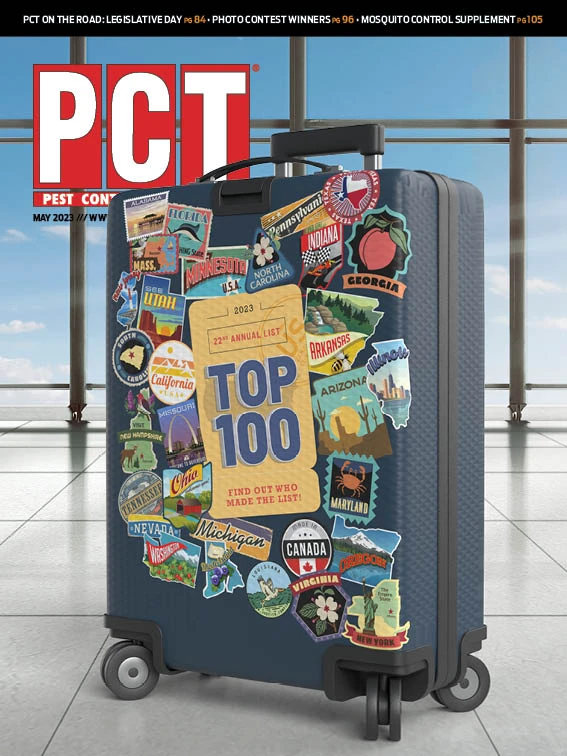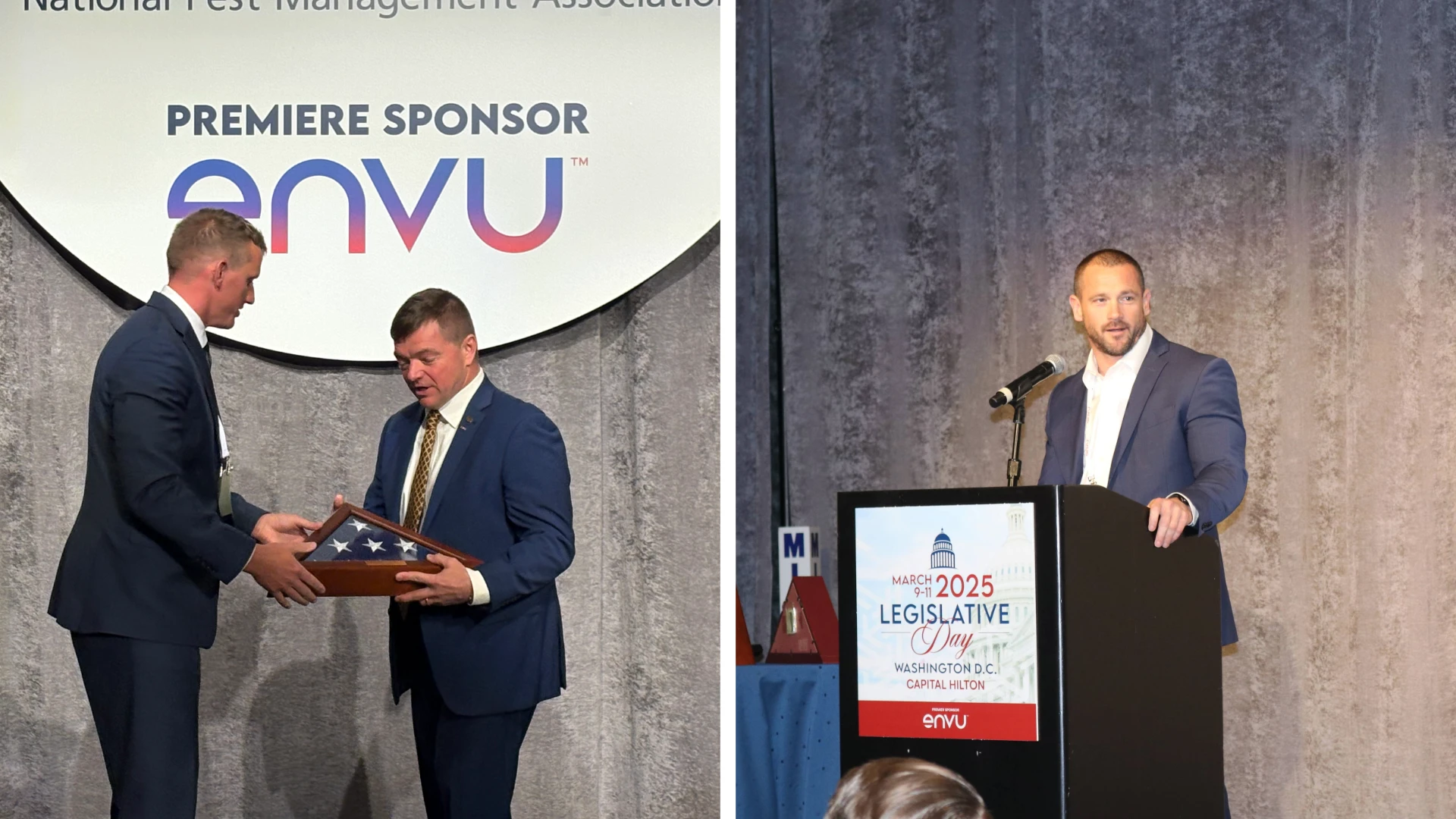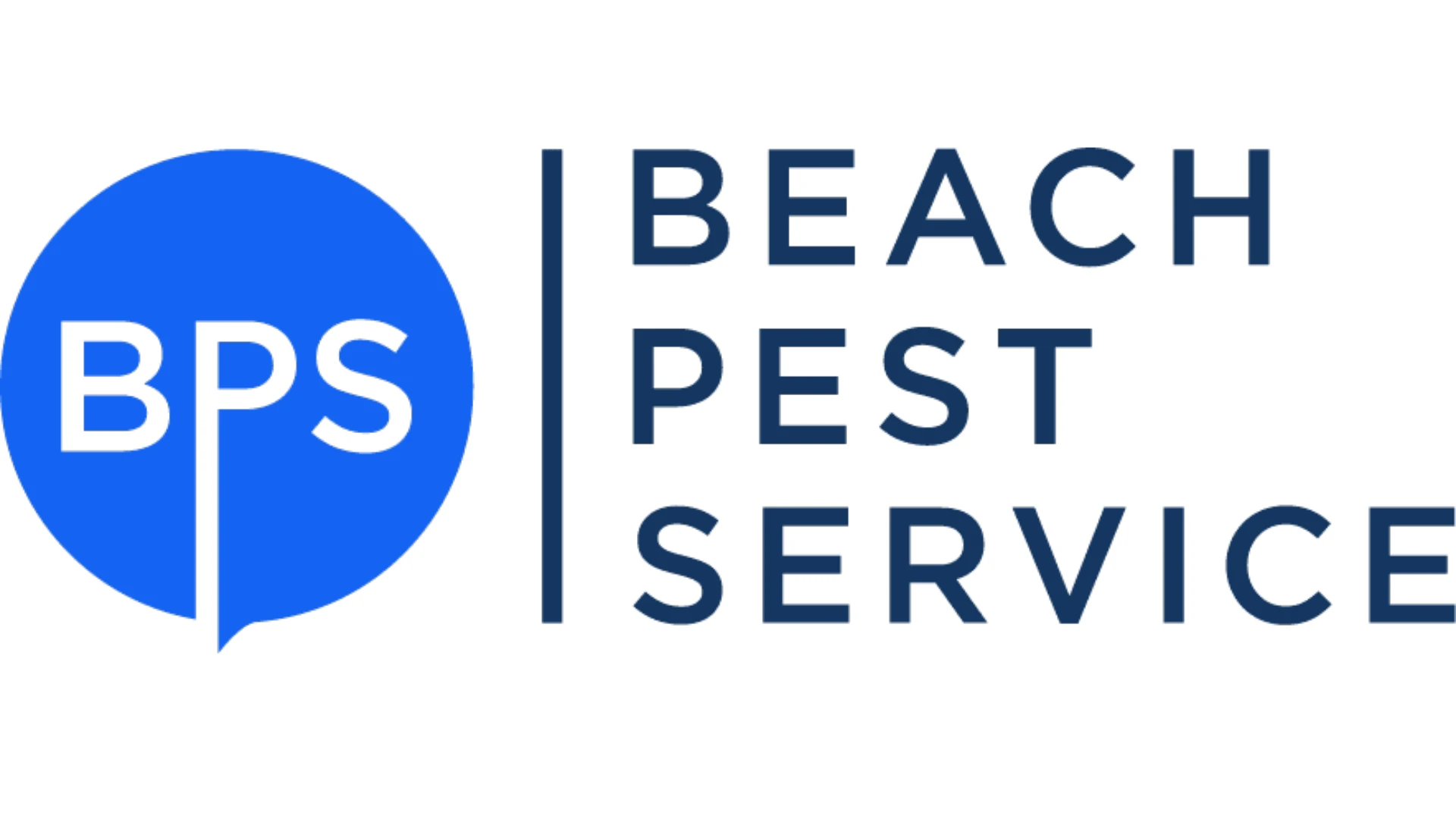
The average callback rate for mosquito control service was 6.8 percent, according to the 2023 PCT State of the Mosquito Control Market study. That was higher than the callback rate for most other pest control services.
Why? There are “things around us that we can’t control,” said Crystal Rizzo, Crystal Pest Control. The neighbor’s green pool or the water- trapping tires your client won’t recycle are breeding grounds for the pests. The koi pond, vegetable garden near the patio, and free-range chickens create challenging environments in which to apply treatment. So do nearby water bodies and natural areas.
Of course, weather — wind, rain, temperature — is another factor. “You can’t control mother nature,” said David Madurski, Madurski Termite & Pest Exterminating. “Weather is a huge factor for us when it comes to doing service. I can’t tell how many times I’ve performed a service and I go to leave and it downpours on us,” he said.
Companies most often provided mosquito control service to residential (100 percent) and commercial (73 percent) accounts. Service usually involved regular, targeted applications via mister-blower or sprayer (94 percent), larval control (65 percent) and one-time special event services (59 percent), reported PMPs.
Customers need to understand that any type of mosquito control service is a reduction, not an elimination, program, said PMPs in follow-up interviews. Most (89 percent) believed customers were onboard with this thinking.

A successful mosquito suppression program starts with a thorough inspection to find and eliminate breeding sites and conducive conditions. Kevin Wright, owner of Mosquito Safeguard, Savannah, Ga., also identifies the mosquito species causing the problem, since they bite at different times of the day. He interviews customers to learn how they use the yard and when they’re having problems. He then develops an individualized control program. “The initial inspection tells me what program I’ll suggest to them,” he said.
Nearly two-thirds (65 percent) of PMPs used an insect growth regulator to help control mosquitoes and 27 percent, like Freedom Pest Control’s Tom Drapeau, used one early in the season as a standalone treatment for wet areas of the yard.
In addition, 65 percent of PMPs applied larvicide and 27 percent used botanical sprays to control the pests. Mid-season, Drapeau applies natural oils to repel mosquitoes and ticks. He said botanical products require more frequent application but get good results when used as part of an integrated pest management program.
The majority of PMPs (93 percent) relied on adulticides to control mosquitoes. These included liquid (84 percent), misting/ULV (34 percent) and granular (22 percent) adulticides.
To protect pollinators, Laura Strasser, Mosquito Joe of Greater St. Louis, applies a granular adulticide to shady areas under shrubs during key times of the year. “We are very careful about not spraying anything that is pollinating,” she said. Typically, her technicians use a combination of products, formulations and approaches to address the unique outdoor environment at each account.
The use of mosquito traps has gained adoption. The PCT study found 37 percent of company locations used traps and baits to control mosquitoes, up from 24 percent in 2022.
Wright will use traps to help manage mosquitoes in a garden-forward yard. “I won’t even touch it with a spray, especially not during blooming time,” he said.
More than two-thirds (67 percent) of PMPs said they were concerned about different or invasive mosquito species becoming established in their markets.


Explore the May 2023 Issue
Check out more from this issue and find your next story to read.
Latest from Pest Control Technology
- Understanding Rodents and Bird Flu
- Green Pest Solutions Awards Safest Driver New 2025 Ford F150
- UF/IFAS Sheds Light on Tiny Invaders During Termite Awareness Week
- Registration Open for Lawn & Landscape Technology Conference
- Fleetio Launches Automotive Service Excellence Scholarship
- WorkWave Appoints John Phelan as CTO
- PMPs Use Capitol Hill Visits to Push for Preemption
- 20 Trapping Tips





